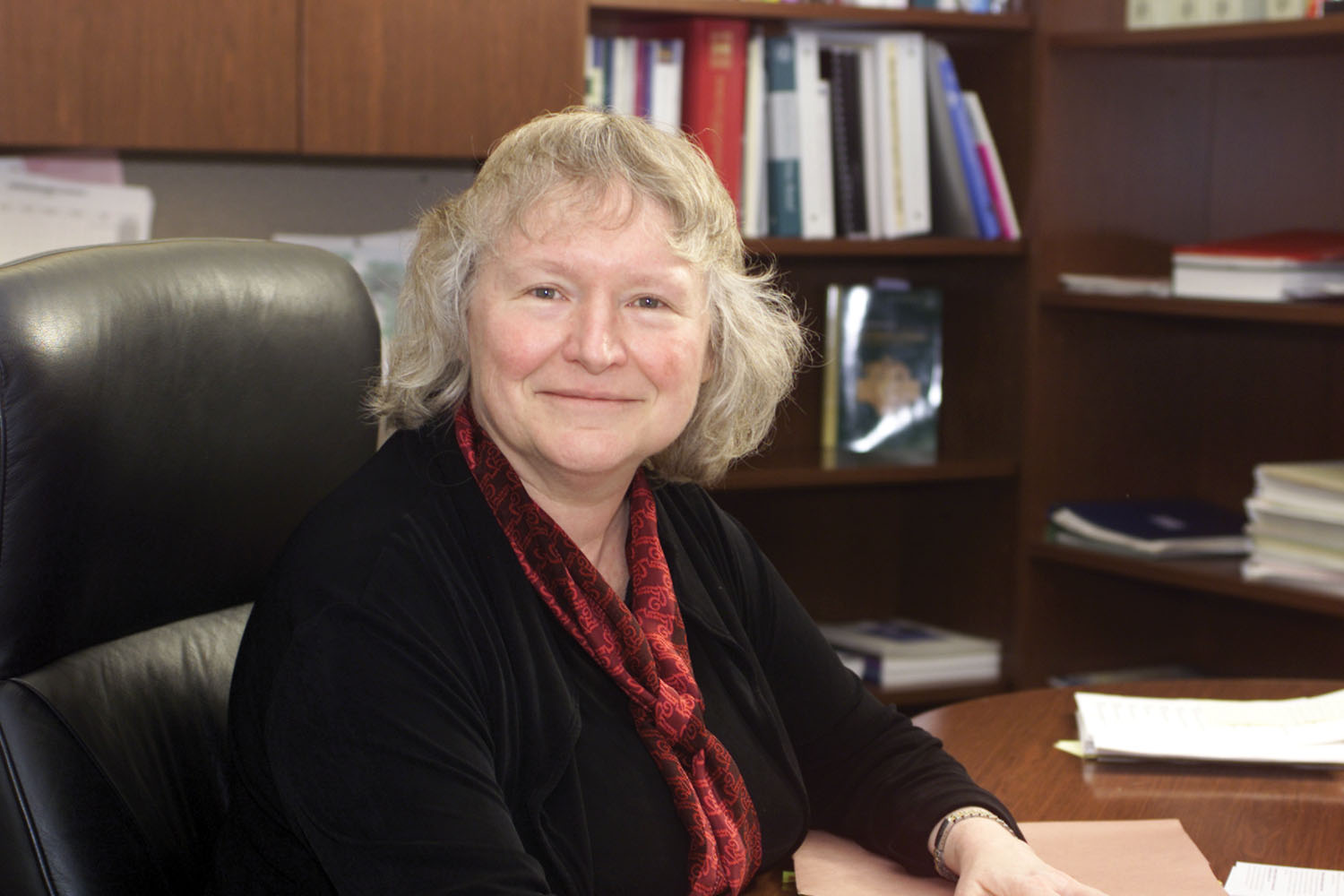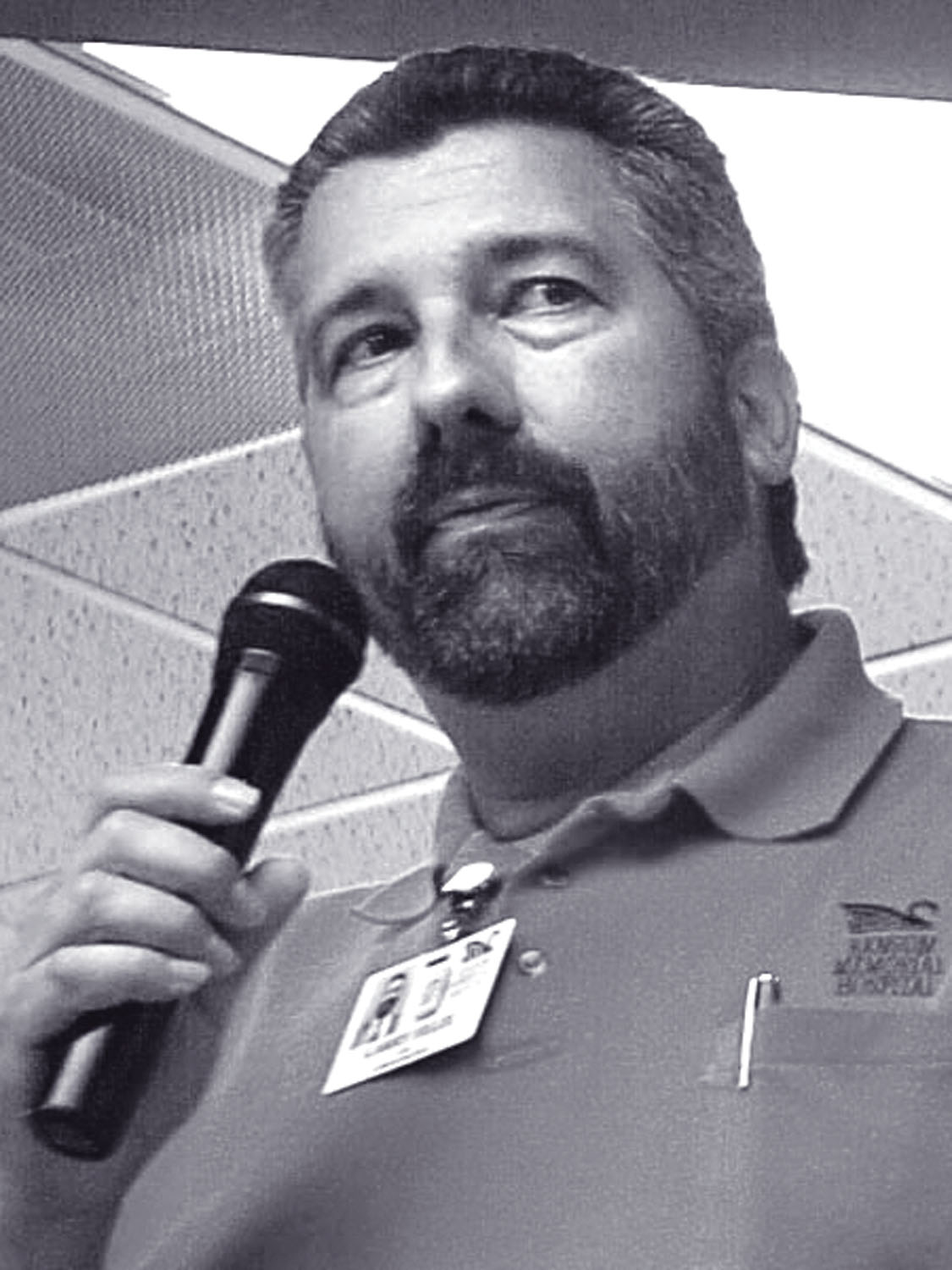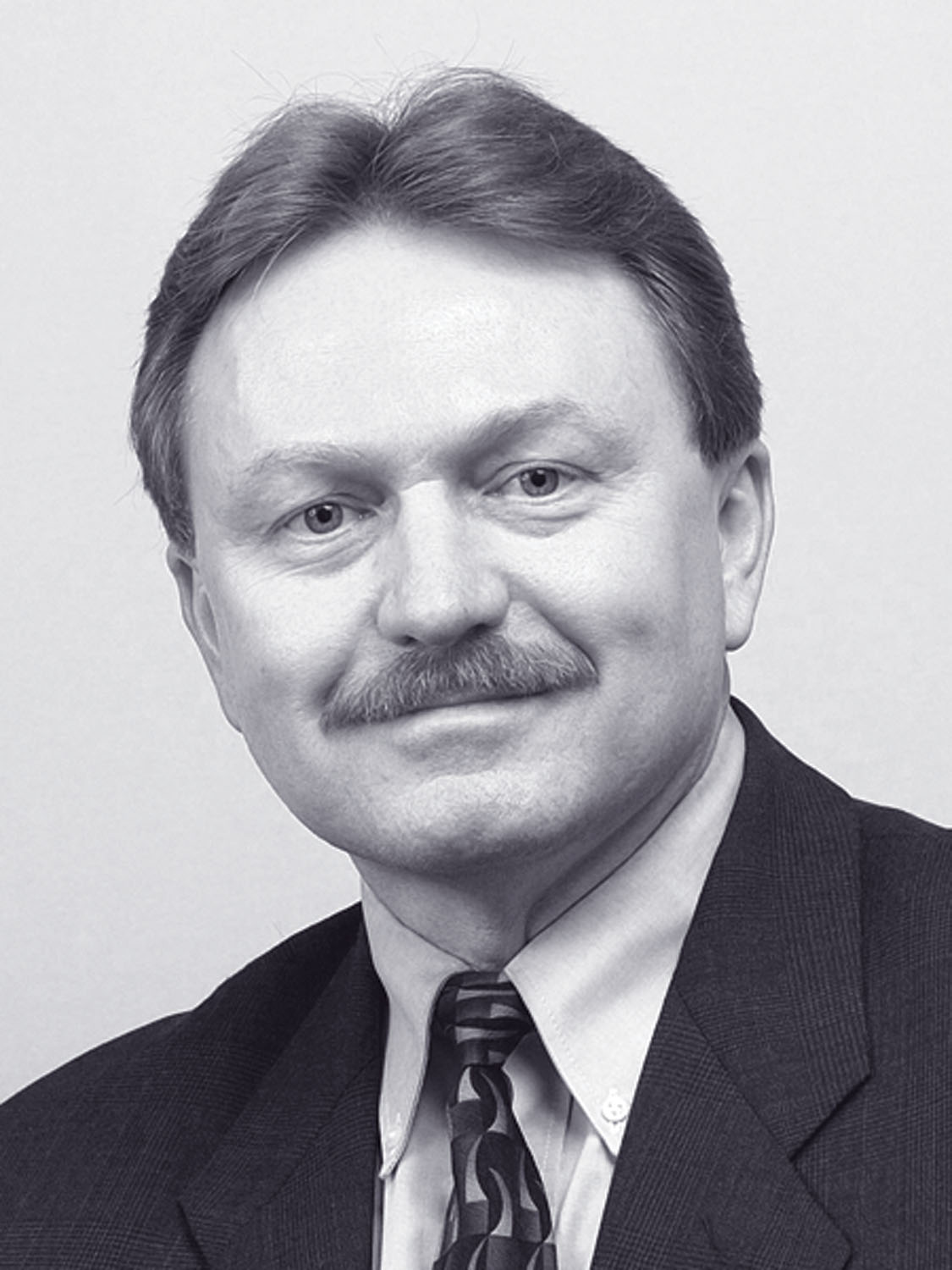
Championing people in need — most especially children — is her passion.
Catherine DeAngelis, editor of the Journal of the American Medical Association, was so impressed when she interviewed Modena (Hoover) Wilson '71 in 1975 for a residency position at the University of Wisconsin Hospitals, she told the program director to put her at the top of the list. "She was the best applicant I'd ever interviewed," DeAngelis recalls. Thirty years later, DeAngelis is still impressed with Wilson: "She has become one of the most influential women in American medicine."
After a prestigious two-decade tenure in pediatric medicine at Johns Hopkins University, Wilson left to accept a position at the American Academy of Pediatrics in Chicago. Last fall, she was named senior vice president for professional standards at the American Medical Association. "In that role she's responsible for issues related to the public, ethics and professional standards," says DeAngelis, who was on the ama search committee. "She's in charge of everything in this country that sets the standards for medicine."
DeAngelis adds that her admiration and respect for Wilson continue to grow. "She's one of the brightest, most creative, giving and hardest working people I know," she relates. "And one of the most humble. Much of what I know about her is only from her records."
While DeAngelis was impressed with Wilson's level of maturity as a residency applicant — she'd completed a master's degree in biology and served in Africa in the Peace Corps before applying to medical school — her fellow students' first impressions weren't as positive when she entered KU School of Medicine in 1973. When one of her anatomy lab partners asked why they'd let a 28-year-old into medical school, she retorted, "I guess they wanted to see how the aged handle stress."
Apprehensive about medical school, Wilson was vastly relieved to find that her biology classes at WSU — especially comparative physiology — had prepared her well. She clearly remembers the day in junior high when she decided to become a physician. The idea came to her while dissecting an earthworm in biology class, and she announced the decision to her parents over dinner. It was the 1950s and few women were doctors, but they didn't discourage their oldest child. "We grew up thinking we could do anything as long as we put our mind to it," says Wilson, who grew up in Church of the Brethren parsonages in western Nebraska and Rocky Ford, Colo. The four Hoover children were taught that the better educated you were, the better you could serve.
Wilson's love of science and service were likely inherited from her father, who had majored in organic chemistry and tried to introduce Modena to the periodic table when she was only 2 years old. "It was always clear in our household that science was exciting and important, and that education was very important," she says. "My parents reacted to college campuses as if they were hallowed ground."
She attended McPherson College in Kansas, where she majored in biology/pre-med and met her future husband, Gary Wilson '68. After graduating and marrying, they worked on master's degrees at WSU. Modena started courses in 1967, but her work was interrupted by their decision to join the Peace Corps in 1968. They were sent to Swaziland, Africa, where she taught math and science, and Gary taught English and literature. They returned to Wichita in 1970, and Modena finished her graduate degree in biology the next year.
Although perfectly happy doing laboratory research, Wilson liked "the people aspect" of medicine. "I think my background with my family made me feel a person has an obligation toward some kind of service — and that involves people," she says. She liked all of her med-school rotations, but finally decided on pediatrics. It was during her residency she settled on academic medicine. "It combined all my loves: science, service and teaching," she says.
When she finished her residency in Madison in 1979, DeAngelis invited her to apply at Johns Hopkins University, where she was on the faculty. Wilson, who had a young son by then, taught full time there in addition to earning a master's degree in public health — and having a second son. "None of my achievements would have been possible without the encouragement and support of my husband and the tolerance of my children for my busy professional life," she reports.
When she joined Johns Hopkins, she intended to stay only three years, "but," she says, "it was such an invigorating time and so full of possibility." She was on the core faculty of the Johns Hopkins Center for Injury Research and Policy, and in 1991 Oxford University Press published Saving Children: A Guide to Injury Prevention, for which she was first author. She also is co-editor of a pediatrics textbook and has written scores of articles and chapters on various pediatric topics.
In addition to being a professor of pediatrics at Johns Hopkins Schools of Medicine and Public Health, she directed several graduate medical education and clinical programs, served as associate editor of The Archives of Pediatrics and Adolescent Medicine, directed the Harriet Lane Primary Care Program and, from 1990-99, was director of the division of general pediatrics and adolescent medicine for the school of medicine. A favorite job was serving as preceptor and director of the Harriet Lane Clinic, a teaching clinic for residents. Of her many awards and honors, one of the most special is having a room at the clinic named in her honor. "I found it an incredible place to work, both because the intellectual environment was so stimulating and because I felt it was a privilege to serve the children of east Baltimore, a community where a lot of people live in poverty," she says.
She became increasingly involved on the national level, serving on a number of task forces and advisory committees. Her horizons were broadening at the same time she was deciding how to spend the rest of her career. "I didn't want to stay in the same place through inertia, even though I loved Baltimore, Johns Hopkins and my job there," she says. "I wanted it to be an active decision, and after my youngest child left for college, I felt more open to decisions that might involve moving."
In 2000, the Wilsons moved to Chicago, where she was director of AAP's Department of Committees and Sections before accepting AMA's senior vice president position for professional standards. She realizes her AMA responsibilities cover a "broad portfolio," but it's one that includes all the aspects of medicine most important to her. "The board of trustees of the AMA directs the agenda," she says, "but there's a lot of opportunity in my implementing their direction to influence the course of American medicine, and I think that's quite a privilege."
One of the AMA priorities she cares about deeply is that of eliminating health-care disparities. "That's a really important issue for me," says Wilson, who oversees a staff of about 100 people. "The Professional Standards Group is very much involved in leading that initiative as well as other initiatives in medical ethics, the full spectrum of medical education, the scientific basis of medical practice, quality and patient safety, and public health."
She sees AMA's role as helping doctors help people. "We try to make it easier for them to practice the best possible medicine and to be active in their communities to promote public health," she says. "We do that through education and various advocacy opportunities, trying to influence what's on the national agenda and helping state medical societies in their work locally. We have a full range of strategies to effect change."
Wilson continues to keep the welfare of children uppermost in her efforts. Also a pediatric specialist, DeAngelis agrees that children need to be at the top of the national agenda: "They're not there, but Dr. Wilson can put them there. She's making sure children are on the list of everything that's important in American medicine."
Double Doses of Excellence

For evidence of WSU's success in educating health professionals, one needs not look far. This year, two Kansas hospitals administrated by Shockers received a pair of coveted industry awards. Larry Felix '90, CEO of Ottawa's Ransom Memorial Hospital, and Randy Peterson '78/89, president and CEO of Salina Regional Health Center, were honored by their respective hospitals' receipt of both the Cleverly Five Star and Solucient's Top 100 Hospital designations.
Cleverly and Associates, an Ohio-based financial consulting firm specializing in the health-care industry, ranks Ransom Memorial and Salina Regional in the top 20 percent of hospitals nationwide as calculated by the Community Value Index, a standard that strives to measure a given hospital's value to its community. The second accolade, being designated a Top 100 Hospital Performance Improvement Leader, is determined by Solucient, a health-care information company that maintains the nation's largest database of hospital-related records. Peterson explains that the awards are "based on objective data compiled from MedPAR data, which is extracted from Medicare billings and other Medicare reportable data."

To preside over a hospital tapped for either award is an honor, but to receive both in the same year doubly confirms that the executives are running excellent facilities. "To have both is really a big deal," says Felix, who has overseen operations at Ransom Memorial for five years.
Hospital administration is a notoriously stressful endeavor, which makes such recognition even more rewarding to those who receive it. Felix likens his work environment to a "pressure cooker. Imagine working with people who are at their worst. They are sick, in pain, maybe dying. Imagine working with their families who are scared and angry that their loved one is hurting. Imagine having the responsibility that if you make a mistake, someone may die. Imagine working in a company where someone other than you and your staff controls what business you get. Imagine having more regulations than you can shake a stick at to deal with daily, with inspectors showing up unannounced to survey you. That is what running a hospital is. It is hard work and not for those who want an 8-5 job with weekends off. It does not work that way."
Both Felix and Peterson credit WSU for boosting their careers in the medical field. "Randy was my classmate at WSU," relates Felix. "We had a great time going through the training together. I think the WSU program took our clinical knowledge — Randy is a physical therapist and I am a respiratory therapist — and taught us the business and health administration principles that we needed to become hospital administrators. The training was not only adequate, it was outstanding.
"The proof is in the pudding."
— Michael Carmody





